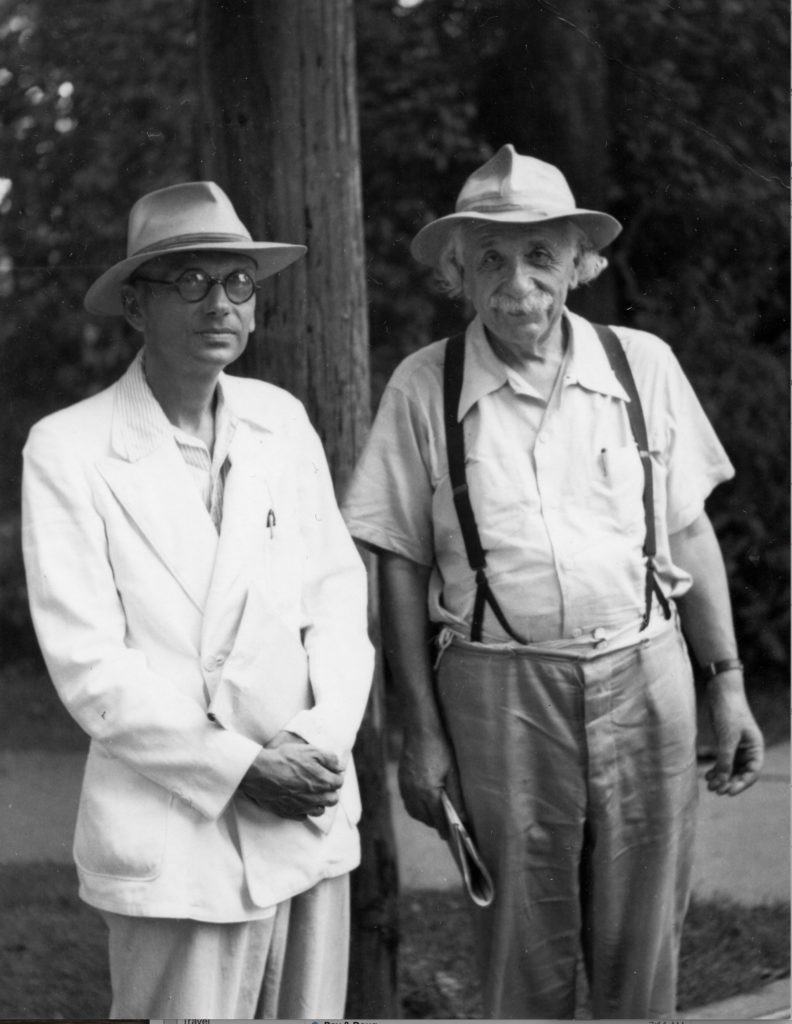
The combination of intrapersonal and interpersonal skills, is said to constitute emotional intelligence (EQ). For those who have a high IQ, say 130 or greater, obtaining a correlation between IQ and EQ is mainly anecdotal because EQ is much more difficult than IQ to measure. Tests such as the MSCEIT, designed to measure emotional intelligence, are difficult to norm because there is a lack of consensus on the best answer to a test item that presents a social simulation.
However, we do know that many people of high IQ are introverts and are prone to social awkwardness. The difference in their way of thinking relative to the average person makes it more difficult for them to self-reference to determine how others feel in a particular situation. This conundrum has been caricatured in the television sitcom The Big Bang Theory, in which the gifted intellect, Dr. Sheldon Cooper has difficulty relating to others. Real world examples of people of high IQ with some EQ challenges are Steve Jobs, Jeff Bezos, Elon Musk and Martha Stewart profiled in: http://Intelligence, IQ & Perception: Chapter 8 – Intelligence and IQ
However, many people of high IQ learn “people skills” and develop a high EQ. Ben Franklin knew the persuasiveness of confessing fallibility to encourage others to acknowledge the limits of their own perceptions. As expressed in an aphorism he had written in Poor Richard’s Almanack, “None but the well-bred man knows how to confess a fault or acknowledge himself in an error.” Employing both true humility as well as its pretence, he was able to disarm those of opposing opinions. Staying relatively quiet and rational, while others were consumed with passion, was a technique he had developed that enabled him to negotiate agreement at the Continental Congress where no accord seemed possible.
The extent to which highly intelligent people develop a high EQ often depends upon their degree of interest in social engagement. The eccentric mathematician, Kurt Gödel, who rocked the foundations of mathematics with his completeness theorems was as enigmatic as his arcane discoveries. While mathematicians populate the full spectrum from introvert to extravert, Gödel defined a new category at the introvert end of the scale. In her book about Gödel and his theorem, Rebecca Goldstein Incompleteness: The Proof and Paradox of Kurt Gödel writes:
Kurt Gödel struck almost everyone as seriously strange, presenting a formidable challenge to conversational exchange…John Bahcall was a promising young astrophysicist when he was introduced to Gödel at a small Institute dinner. He identified himself as a physicist, to which Gödel’s curt response was, ‘I don’t believe in natural science.”
This single example of a person of high IQ and low EQ, asserts that high IQ can, indeed be accompanied by a low EQ.
